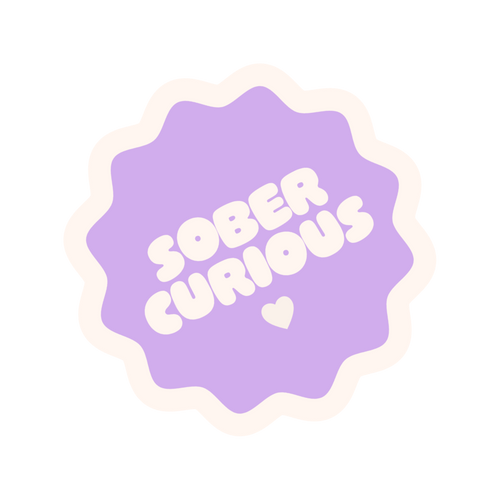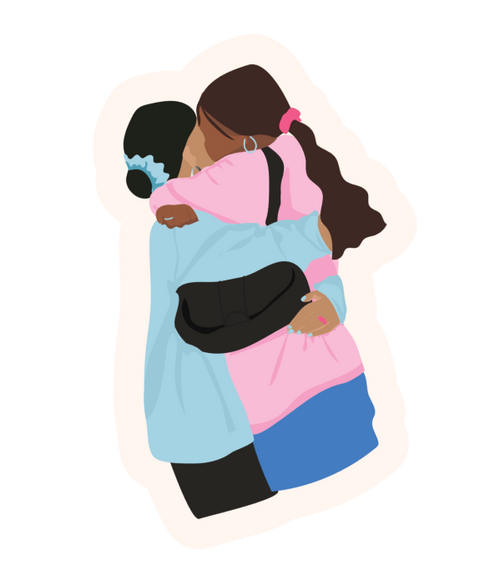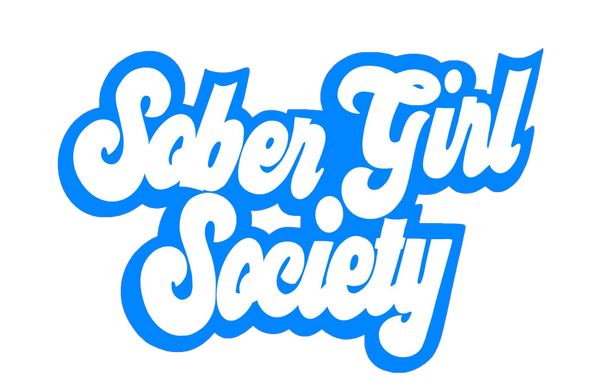Written by Mia Barnes
Mia is a freelance writer and researcher with a passion for women’s health and wellness. Mia is also the Founder and Editor-in-Chief of the healthy living online publication, Body+Mind Magazine.

You had a lovely night out with some of your favorite people. Nothing went overtly wrong, yet the next day, there’s a dreadful weight looming over you. You might second-guess how well it actually went, wondering if you embarrassed yourself or said something silly the night before after having a few glasses of wine. You send a few anxious texts to friends to verify.
Have you been through this cycle before? It’s called hangxiety, and it’s a real thing that impacts your mood after drinking.
Hangxiety refers to anxiety symptoms that blossom after drinking alcohol. They typically manifest as mental side effects, like thought spirals, or physical feelings, like increased heart rate. Whether you drank to try and get rid of current anxieties or not, the prickling worries can sometimes creep in alongside an actual hangover.
A 2019 study found that 11.8% of people experience anxiety after drinking and 15.1% have depression. Though hangxiety is not a medical condition, many people feel these uneasy waves after partying.
Dehydrating yourself with alcohol could upset a delicate stomach or trigger migraine attacks within 30 minutes to three hours after consumption. What does alcohol do biologically to incite anxious feelings in some people? It changes brain chemistry, causes poor sleep and alters cognition.
The stress hormone cortisol is likely to spike when hungover. It makes physical anxiety symptoms, like high blood pressure, trick the mind and make you feel even more tense. Additionally, decreased dopamine levels and dehydration confuse the body, making it sensitive to stimuli and leading to poor emotional regulation.
This is a trick question — every emotion can hit differently because of alcohol. Hangxiety can numb extreme emotions or make negative feelings more severe. Identifying how you feel during hangxiety is crucial for calming it down because you’re able to target the specific feeling causing you distress. Here are the most prominent.
Paranoia related to social anxiety is prevalent. You find yourself repeatedly thinking over conversations you had while drinking, questioning how people perceived you. People who use alcohol as a social lubricant may feel this more acutely. These feelings can warp into several others, including:
An even greater variety of emotions becomes heightened because alcohol causes poor rest. Sleep deprivation leads to increased irritability, distractedness and apathy. These amplify other negative feelings you experience, deepening hangxiety’s grip.
The feelings may appear unstoppable when you’re in their throes, but several steps exist to eliminate them completely
You may want to try experimenting with sobriety or setting a drink limit. It takes a long time to overcome peer pressure or the urge to drink in social settings. It’s cultural conditioning to associate events and gatherings with alcohol consumption. However, you can feel just as socially relaxed and free without it. You’ll never know how liberating it can feel until you try.
If you want to continue casually and socially consuming alcohol, consider your mental state before taking the first drink. If you’re around people who sap your energy or had a stressful day at work, avoid the likelihood of hangxiety by skipping the cocktail tonight.
However, neither of these strategies helps if you’re experiencing hangxiety right now. Fight the emotional whirlwind by:
For many, there are countless other ways to spend the day besides nursing a hangover. However, the hangxiety could linger even when the nausea and headache disappear. Alcohol impacts your mood in ways that are hard to feel until the emotion seems uncontrollable. Take action to improve your mood by healing your relationship with alcohol, however that may look to you. Your mental health will thank you.
Written by Mia Barnes
Mia is a freelance writer and researcher with a passion for women’s health and wellness. Mia is also the Founder and Editor-in-Chief of the healthy living online publication, Body+Mind Magazine.
All of the fun
None of the Alcohol
All of the babes
All of the fun
None of the Alcohol
All of the babes
All of the fun
None of the Alcohol
All of the babes
All of the fun
None of the Alcohol
All of the babes
All of the fun
None of the Alcohol
All of the babes
All of the fun
None of the Alcohol
All of the babes
All of the fun
None of the Alcohol
All of the babes
All of the fun
None of the Alcohol
All of the babes
All of the fun
None of the Alcohol
All of the babes
All of the fun
None of the Alcohol
All of the babes
All of the fun
None of the Alcohol
All of the babes
All of the fun
None of the Alcohol
All of the babes
All of the fun
None of the Alcohol
All of the babes
All of the fun
None of the Alcohol
All of the babes
All of the fun
None of the Alcohol
All of the babes


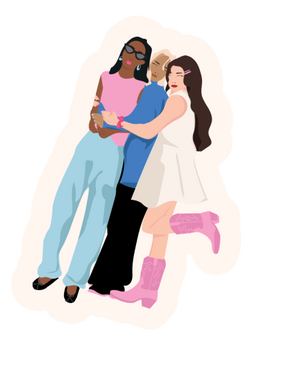
Sign up to the Sober Girl Society newsletter

...for events, special offers, and kind notes
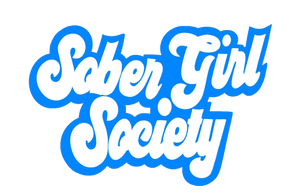
Sign up to the Sober Girl Society newsletter


Sign up for latest news, our weekly round-up and an exciting welcome series with exclusive excerpt from The Sober Girl Society Handbook!
